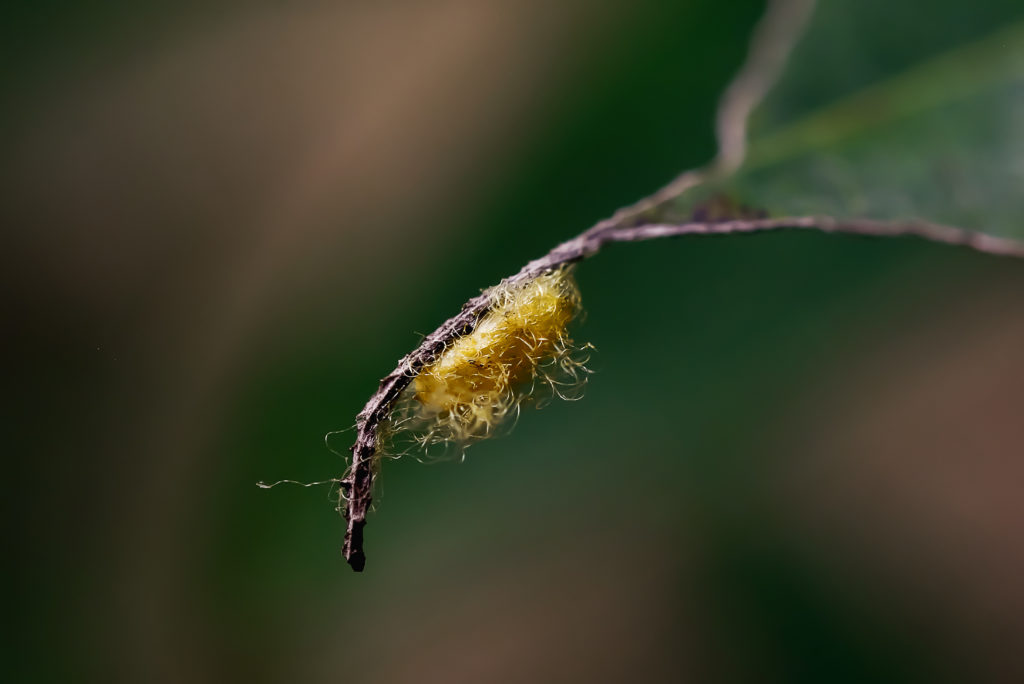Evolution may be considered as a process occurring either in nature or in culture. In culture it is evolution of laws, languages, customs, arts, political systems, etc. In sum, evolution in culture applies to the changes in the sphere created by rational and typically human activity. And this is not the type of evolution we are concerned with. In nature we can speak about the evolution of the cosmos (cosmic evolution), which includes the development of planetary systems, the emergence of stars, etc. Chemical or biochemical evolution usually refers to processes of change allegedly responsible for the origin of life. But in the center of our interest is organic or biological evolution. Biological evolution is about changes in living beings. However, not all changes are controversial and not all biological changes are an object of hot debate. If evolution means just “change over time” it does not create much controversy. Everybody can see that living beings change—they are born, mature, grow old and die. New generations come. We can see that populations change, too. Species migrate, sometimes die out, and sometimes propagate beyond the capacity of their habitats. Moreover, individuals differ from each other and very often one trait (biological characteristic) may dominate a population while another trait may completely disappear. We also see environmental adaptations of living beings due to the changes in natural conditions. But none of these things is the point of controversy. At least, it is not a point of controversy when we ask the question of whether Thomistic philosophy is compatible with biological evolution or not. The debate and controversy begins when we make a distinction between micro- and macroevolution.
